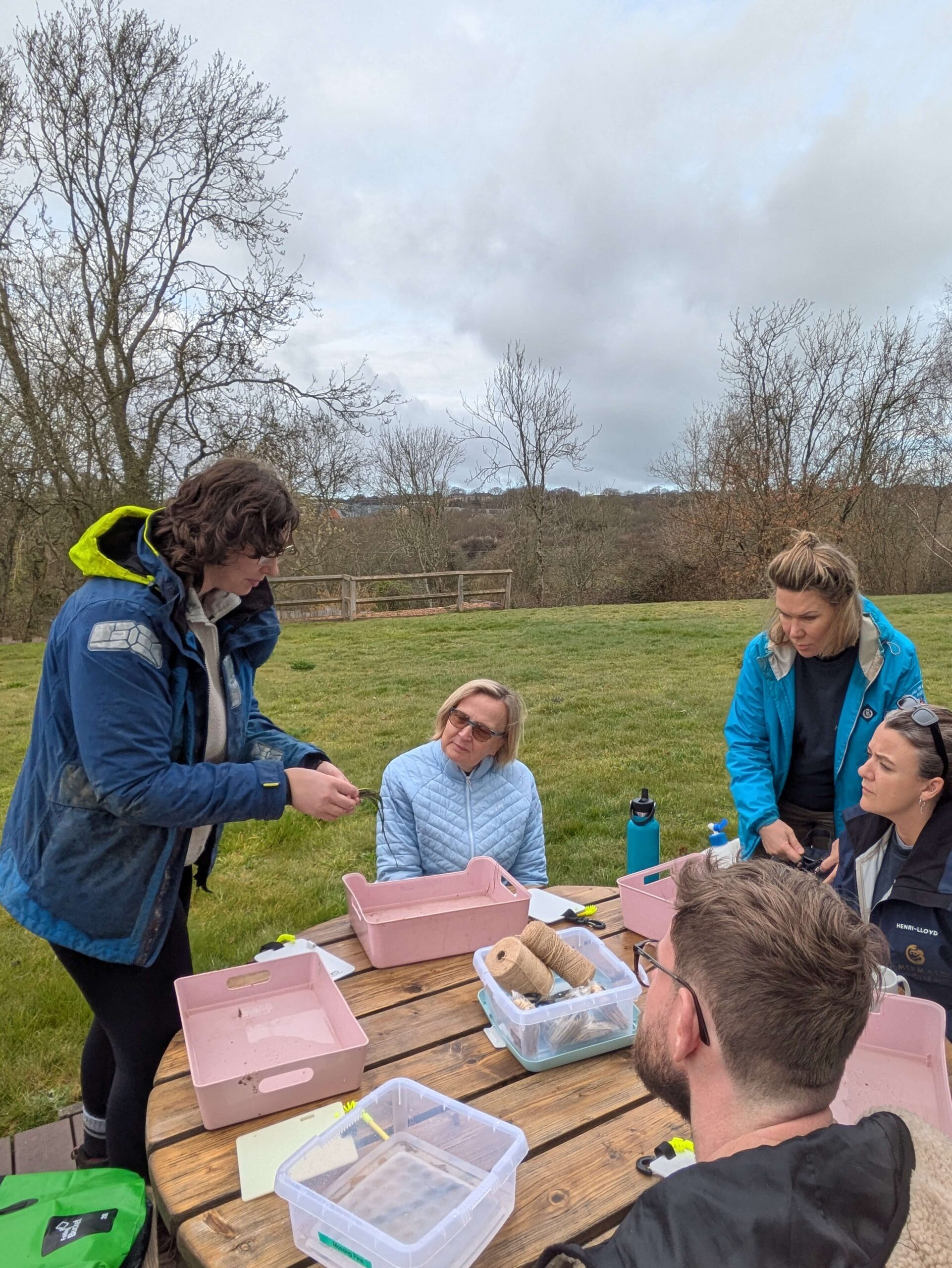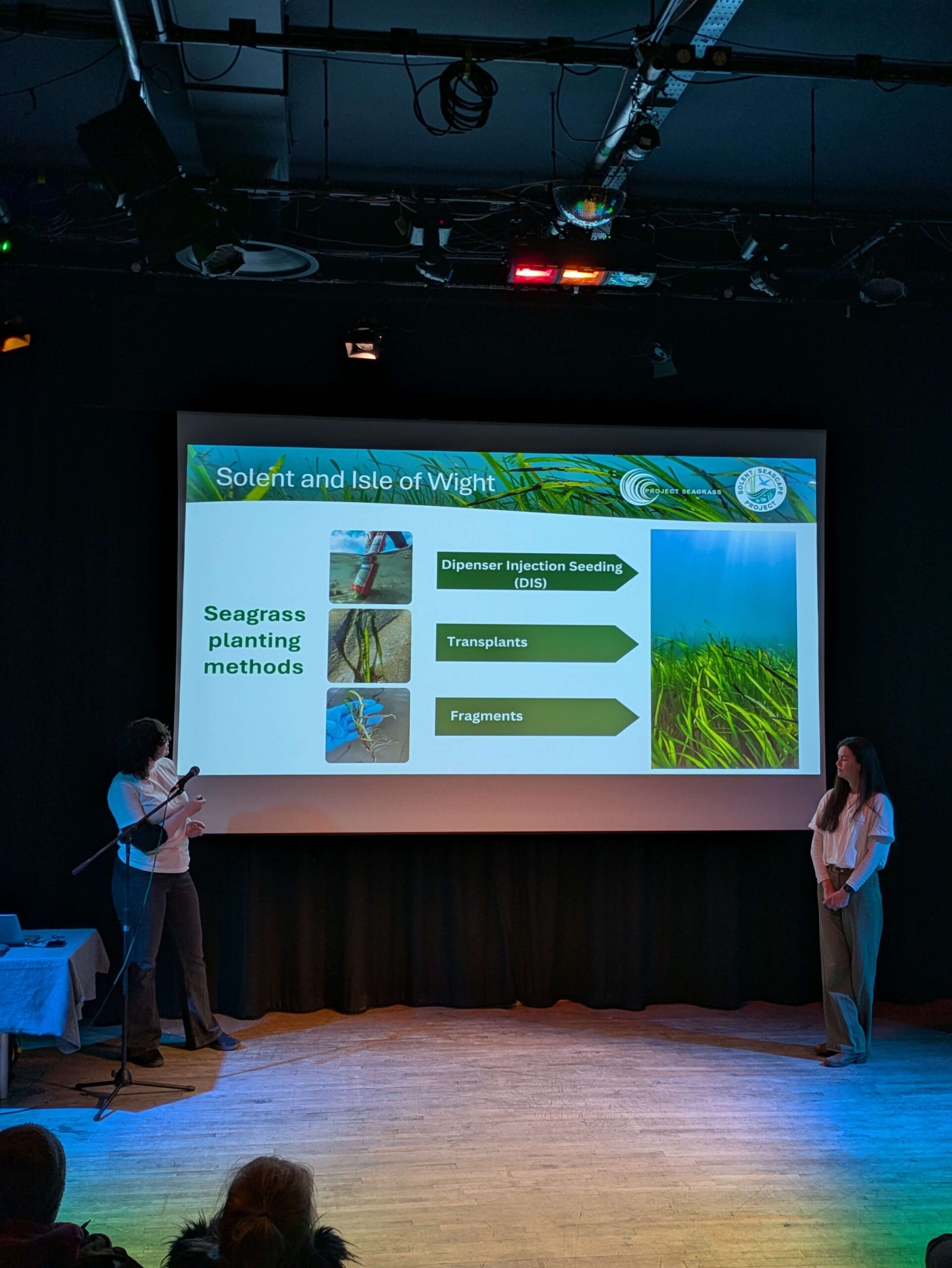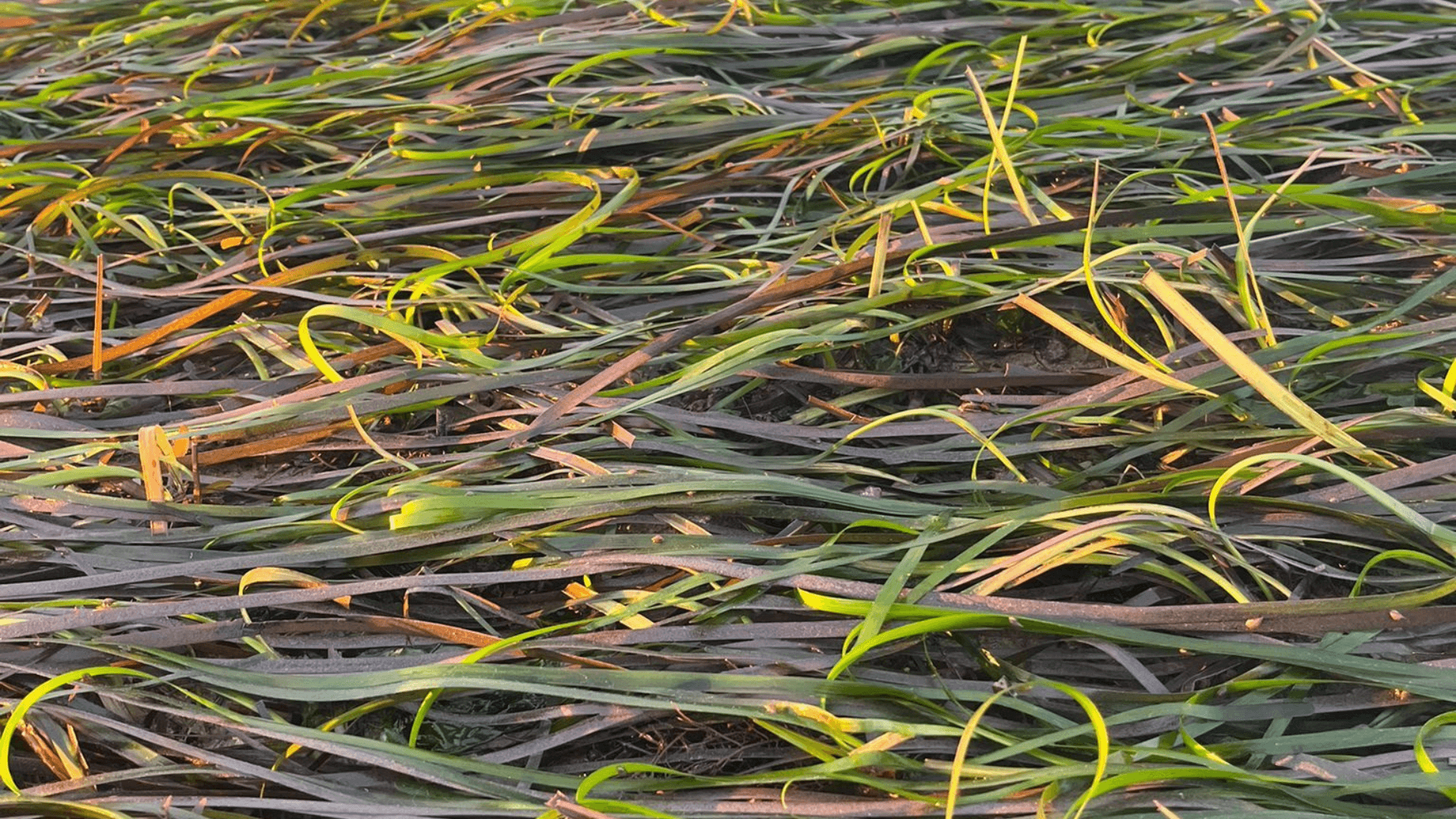During the 2020-21 academic year Project Seagrass welcomed Emma Butterworth to undertake an internship.
In our Q&A, Emma shares her experiences of her internship with Project Seagrass and discusses what she has gone on to do next.
Who/What inspired you to apply for an internship at Project Seagrass?
It all happened very last minute. I was originally set to do a Year in Industry abroad in South Africa, but when COVID hit, I suddenly found myself without a placement. I reached out to the Swansea University Biosciences staff to see if anyone had an available opportunity, and Dr. Unsworth from Project Seagrass got in touch, offering me a chance to apply for a position. Before then, I didn’t know much about seagrass, but it ended up completely changing the course of my career!
What have you been up to following your internship with Project Seagrass?
I remained strongly involved with Project Seagrass after my internship. My undergraduate dissertation focused on a seagrass topic I became passionate about during my time there. After graduating, I returned on a temporary contract to help with the busy seed-picking fieldwork season. I then spent a season working as a terrestrial ecological surveyor but ultimately returned to seagrass research for my MRes degree at Swansea University. After completing my MRes, I was fortunate enough to secure a full-time position at Project Seagrass, where I’m currently working. In many ways, I’ve never really left!


Reflecting on your time with Project Seagrass, what were the main skills you developed during your internship?
During my internship, I gained countless valuable skills, too many to list! While some may not be the most obvious or glamorous, they’ve had a lasting impact on my career. One key lesson was resilience. The long, physically demanding fieldwork days taught me how to push through challenges, which has proven invaluable in both my professional roles and my personal life. A surprisingly practical skill I picked up was driving vans and large 4×4 trucks. This ability has come in handy in every job since then, especially when it comes to transporting equipment or groups of people. Most importantly, my internship helped me build confidence in myself and my abilities. I was entrusted with significant responsibilities and a high degree of independence, which allowed me to prove to myself that I’m capable of much more than I initially realized.
What was the highlight of your internship experience with Project Seagrass?
My highlight was discovering a gap in seagrass scientific literature which happened to coincide with my personal passion – birds. Project Seagrass, especially Dr Unsworth, supported this interest and I was able to have my first published piece of literature. The discovery of this topic – the role of seagrass in supporting birds – changed the course of my academic career (and my life) and I am still working on it today!
What advice would you give to people looking to pursue a career in the marine conservation sector?
Get involved in as many different opportunities as you can! You never know when something will come up that could kickstart your career or lead to unexpected experiences. Even if it’s not something you want to do long-term, you’ll still gain valuable skills and make connections that can significantly boost your employability.






